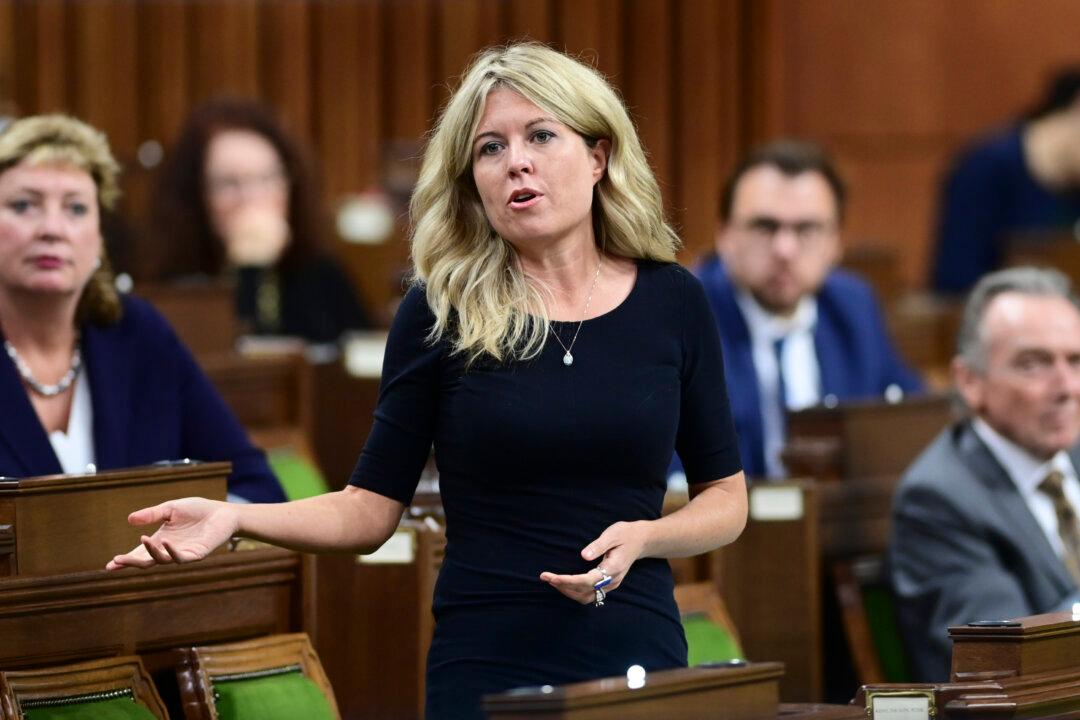A member of Parliament and a senator are launching a parliamentary caucus focusing on emerging technologies like artificial intelligence and blockchains, which they say present both risks and opportunities for Canada.
“I think that there’s a lot of agreement among parliamentarians of all stripes that we need to educate ourselves and then do something about it, to both ... harness the benefits but also put guardrails in place,” said Conservative MP Michelle Rempel Garner, who launched the cross-partisan working group alongside Sen. Colin Deacon.





